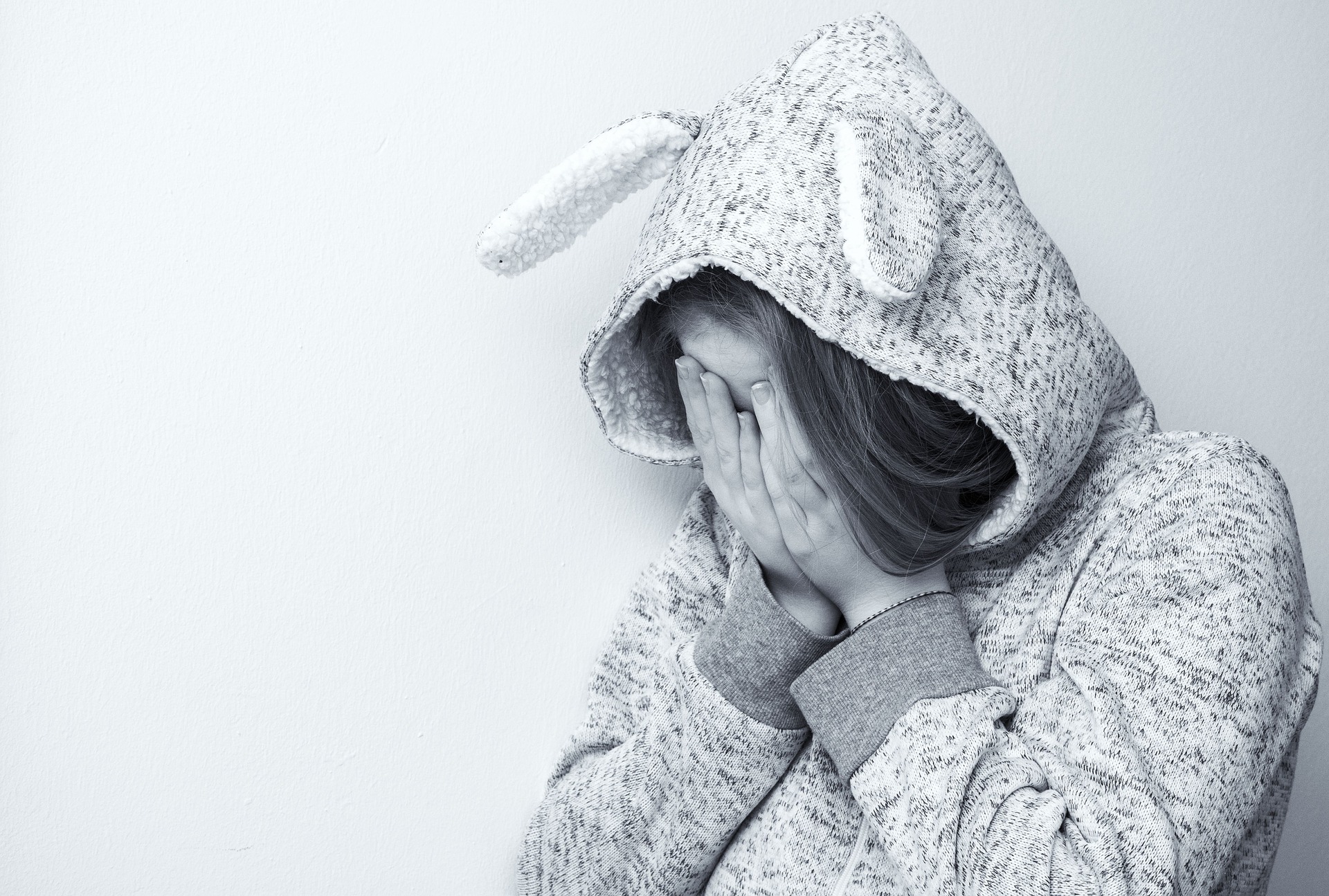Teaching Age Appropriate Responsibilty The Easy Way
Let’s face it, there are times when we as parents aren’t sure our kids have learned anything we’ve ever taught them. I mean, their actions speak volumes, right. You taught them responsibility yet, theres that mess again! It’s frustrating, I know.
Responsibility is both an understand and a skill. It’s not something kids bring with them when they’re born. Yet, all kids are born with the capacity to become responsible. We just need to draw that capacity out of them and teach them a few things as we go.
Responsibility is best learned in 4 ways:
- Through creating the right environment for learning. This means bringing to life everything we’ve discussed in earlier episodes.
- By modeling responsible behavior through your own actions. What we show our kids is usually what we get. Actions speak louder than words. They watch our every move, even when it seems like they aren’t paying attention. They don’t DO as we say, they do what WE do. So if we want our kids to be responsible, we need to model responsible behavior.
- By helping them gain an understanding of “responsibility”. We want to take opportunities in a calm, loving, caring way, where emotions aren’t charged. When something occurs that reminds us of responsibility- to discuss what responsibility is, what it means, why it’s important, what would happen if people weren’t responsible, and the effect not being responsible has on other people.
- By alowing your child to experience how responsible and irresponsible actions affect one’s life. A big mistake parents often make is relying on consequences to teach their children. The problem is, consequences generally come after the fact of behavior.
Long before consequences kick in- there needs to be understanding. How do we help our kids understand how their actions affect others? How do we help them know what responsible action is and what it’s not?
If kids truly understand responsibility in its entirety, more often than not, they will act responsibly and we’ll never need to resort to consequences.
Teaching Responsibility By Age & Development
From ages 6 to 11 kids are at the stage where they can grasp not only the concepts but they’re more open to learning and listening to their parents.
While watching TV together, if we see someone being irresponsible, we can ask our kids what effects he/she thinks that character’s behavior is having on others. Ask if she/he thinks that behavior was responsible and why. We can even ask how being responsible plays out in her/his own life. And if she/he thinks that certain friends or classmates are responsible or not, and how she/he can tell.
Later on, if your child is engaging in irresponsible behavior, you can remind them of the conversation you had earlier so they can connect it to what they’re doing in the moment.
If we want them to learn responsibility, we need to commit ourselves to ensuring that our child gains this understanding. This takes patience. We can’t expect our kids to get “responsibility” all at once. In order to help our kids understand it we need to:
- Be creative when helping them understand it. We can look for examples together in ourselves, others, and in them.
- Be committed to their learning it.
- Be patient while they learn it.
The world around us gives us endless opportunities to be creative while teaching. Together you can learn more about how behavior affects others. You can even make a game out of it. You could pretend you are both private investigators observing whether you think others are being responsible or irresponsible. You may also observe together how the different behaviors affect others.
From ages 12-18 it really feels at times like they’ve forgotten everything you’ve ever taught them. One way to reach responsibility is to trade “freedom” for “responsibility”. You’re willing to give them all the freedom he/she would like IF you’re absolutely certain that they’re going to use that freedom wisely and responsibly. The proof will be in their actions, so it’s completely up to them.
Teaching responsibility to kids is not only essential for their proper development, but it helps to create a healthier home environment as well. When kids learn how to truly be responsible, not only is there less struggle and conflict in the household, you’re also handing them a valuable life skill to take out into the world with them when it’s time to leave the nest.











